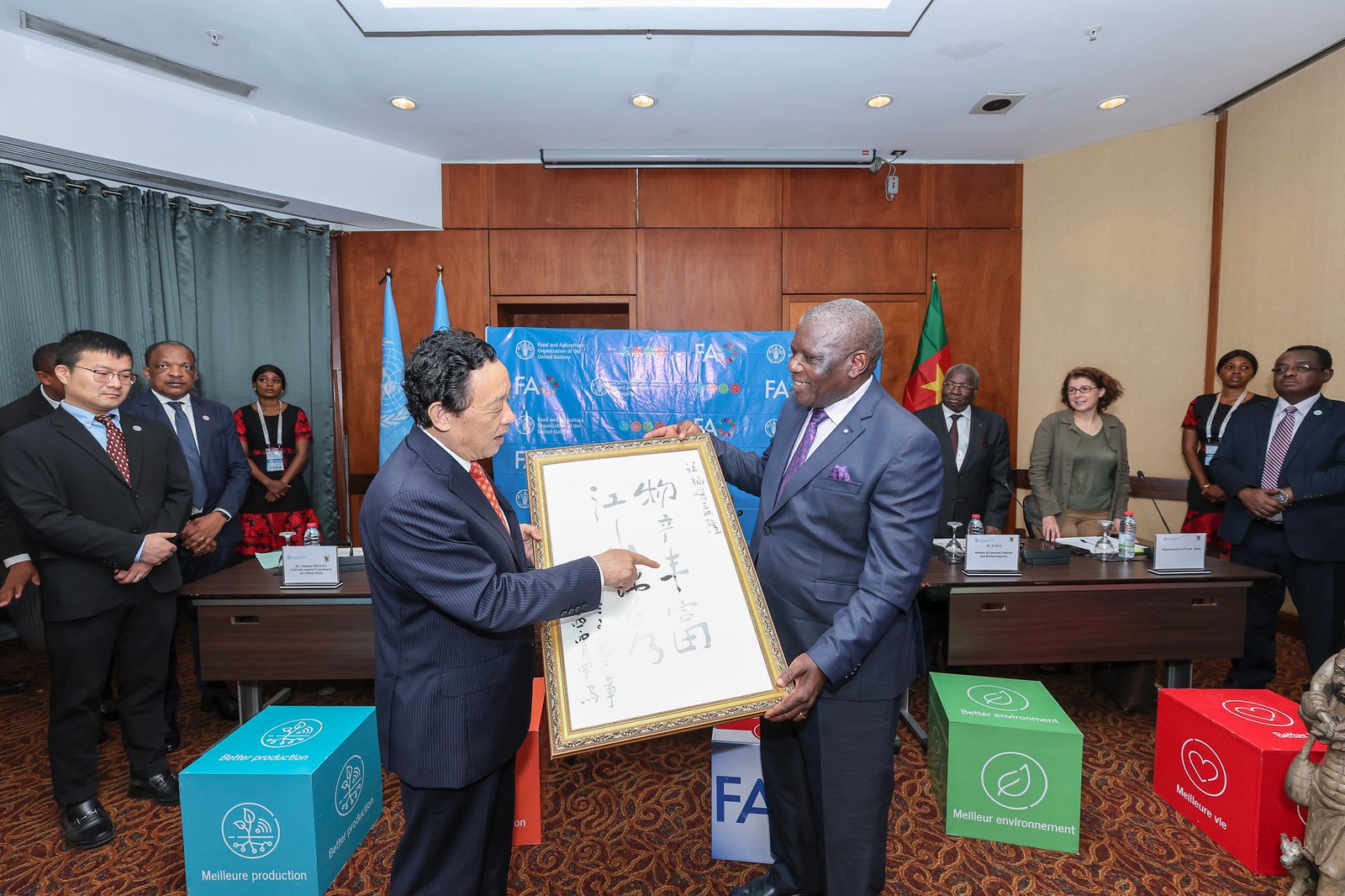Inside BENEO’s new pulse plant: pioneering sustainable protein from faba beans
Efforts include provision of basic inputs, post-harvest equipment and community infrastructure development
QU Dongyu, Director-General of the Food and Agriculture Organization (FAO), signed an agreement to provide FAO’s support to the Government of Cameroon in building the capacity of small-scale farmers in the country’s Eastern Region.
The Cameroon Emergency Food Crisis Response Project, which receives $2.92 million from the World Bank and for which FAO is an implementing partner, seeks to strengthen sustainable food production and enhance farmers’ resilience to the impacts of the climate crisis. The mid-term report on the 2023 food crises reveals that in Cameroon 22 per cent of the population is in Phase 2 (Stressed), and 10 per cent of the population is in Phase 3 (Crisis) of Acute Food Insecurity.
The FAO Director-General signed the agreement in a ceremony with Gabriel Mbairobe, Minister of Agriculture and Rural Development of Cameroon, Dr Taiga, Minister of Livestock, Fisheries and Animal Industries of Cameroon and a Representative of the World Bank.
“The climate crisis has impacted across the agriculture sector, including livestock and fisheries, as well as affecting other key areas such as health,” Qu stated.
“Given climate variability and the disruptive events observed in the country, FAO supports the Project through agricultural and livestock support in the eastern region” the Director-General added.
The PULCCA Project will provide support through four key components:
One: by supporting food and nutrition stabilization of rapid response for early recovery and resilience building;
Two: by strengthening smallholder production capacities through crop and livestock support for climate and nutrition resilience;
Three: through support for community preparedness and early warning systems; and
Four: through project management, monitoring, and evaluation.

